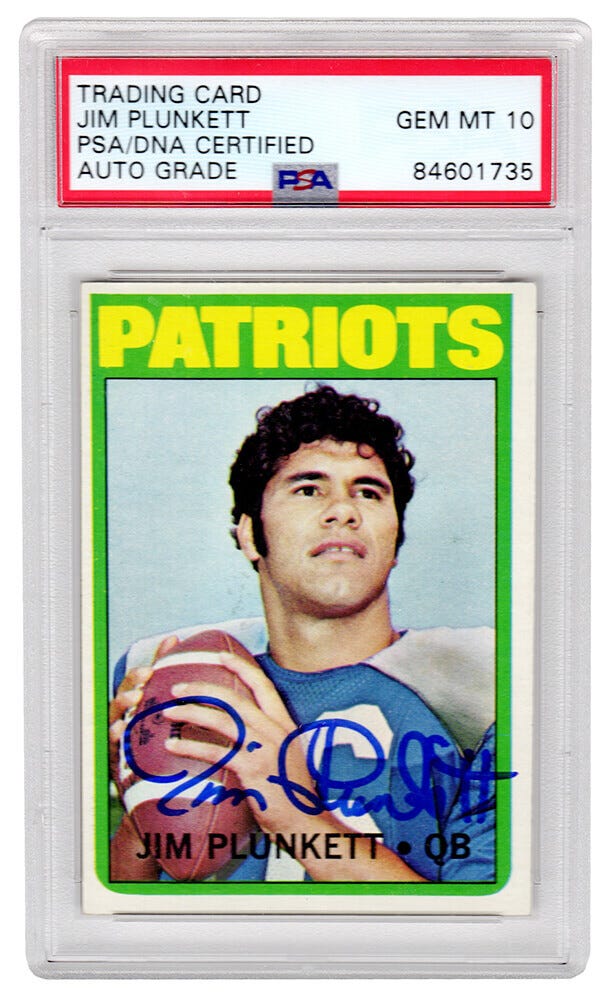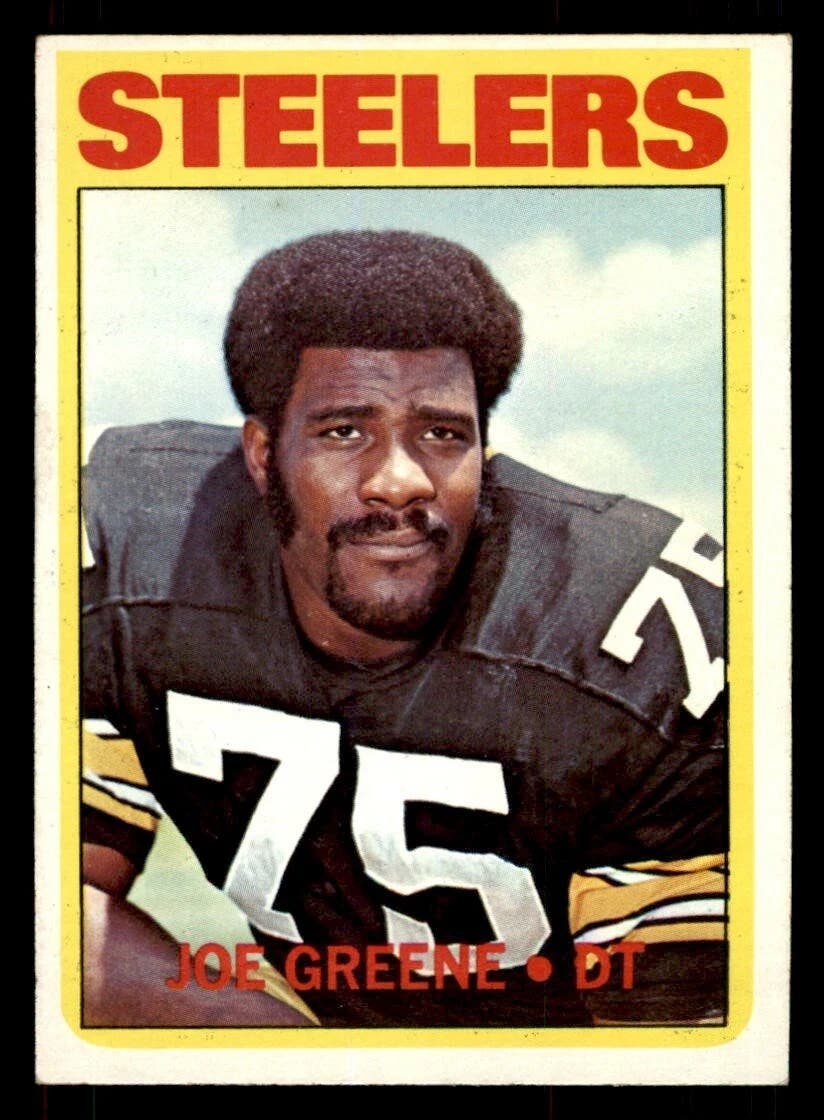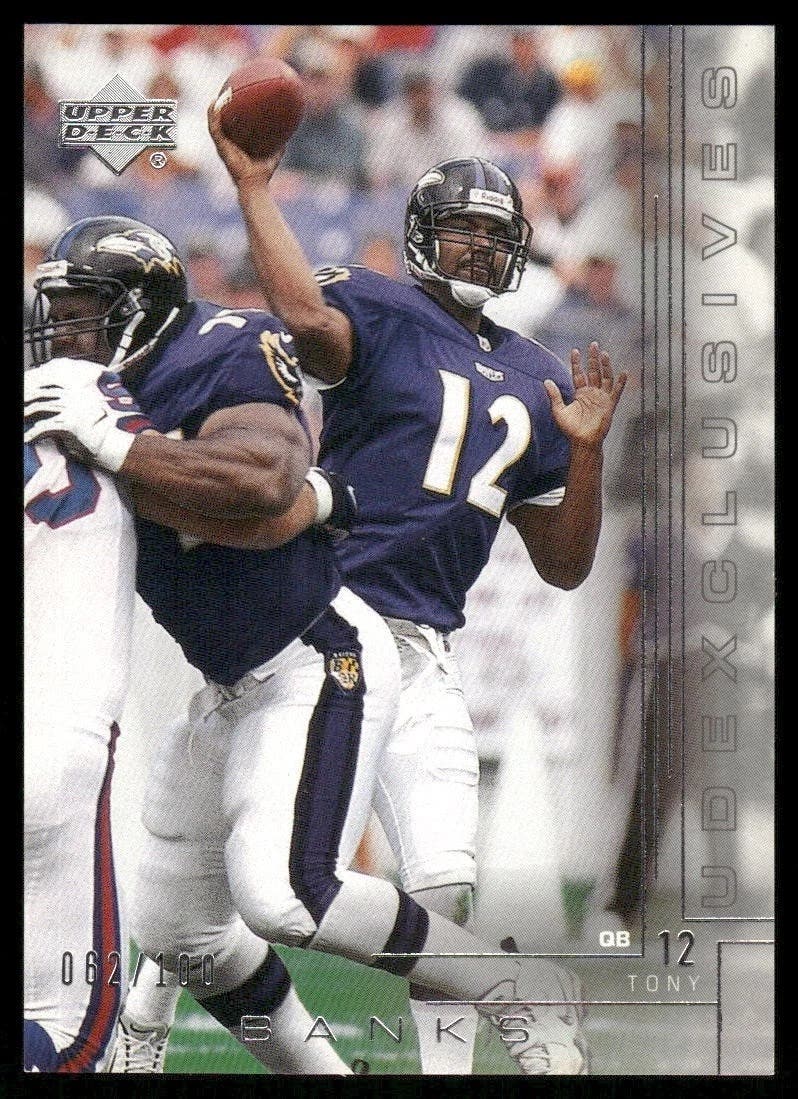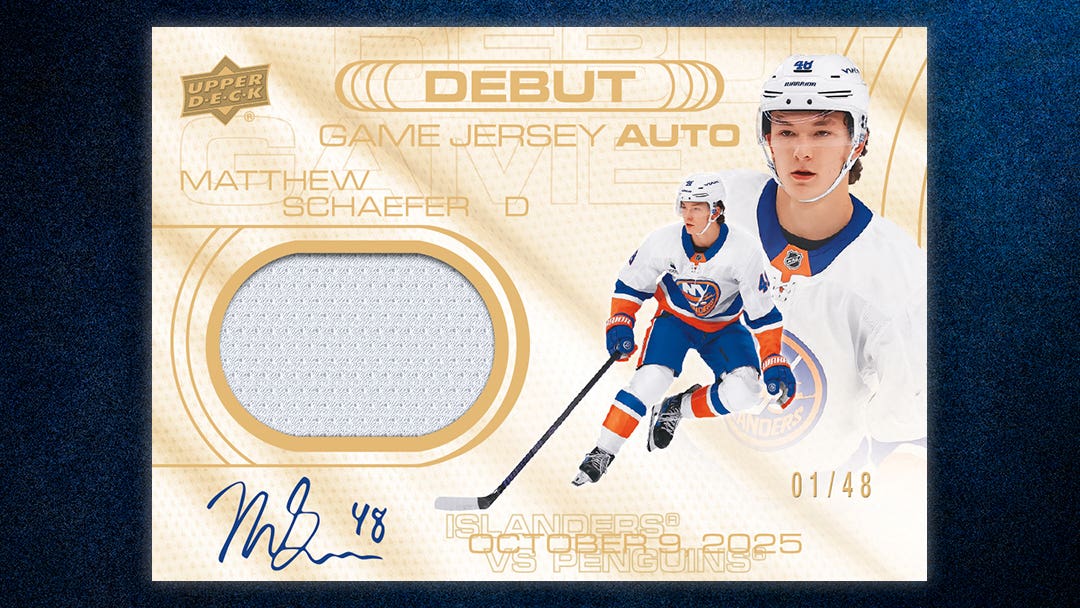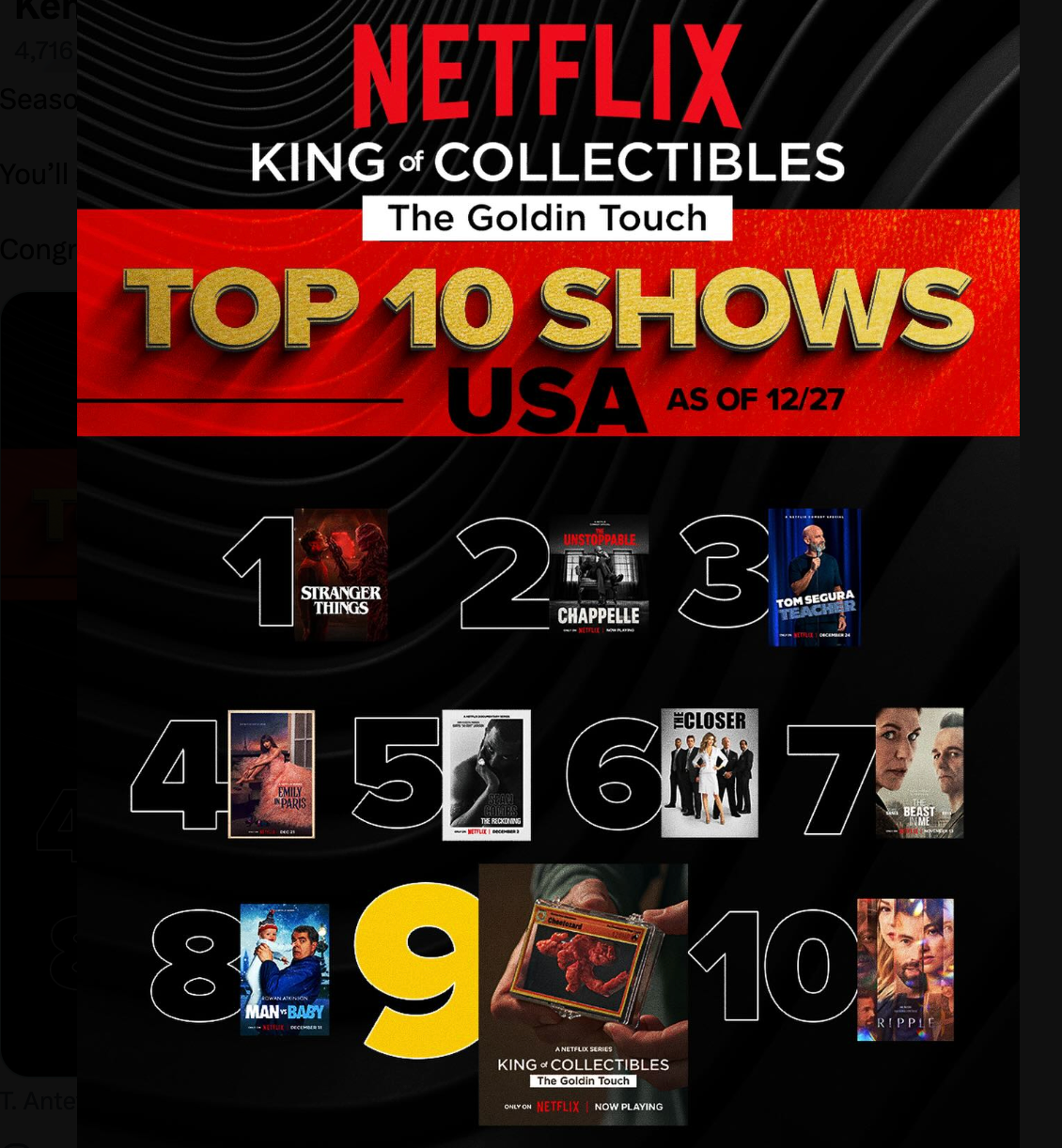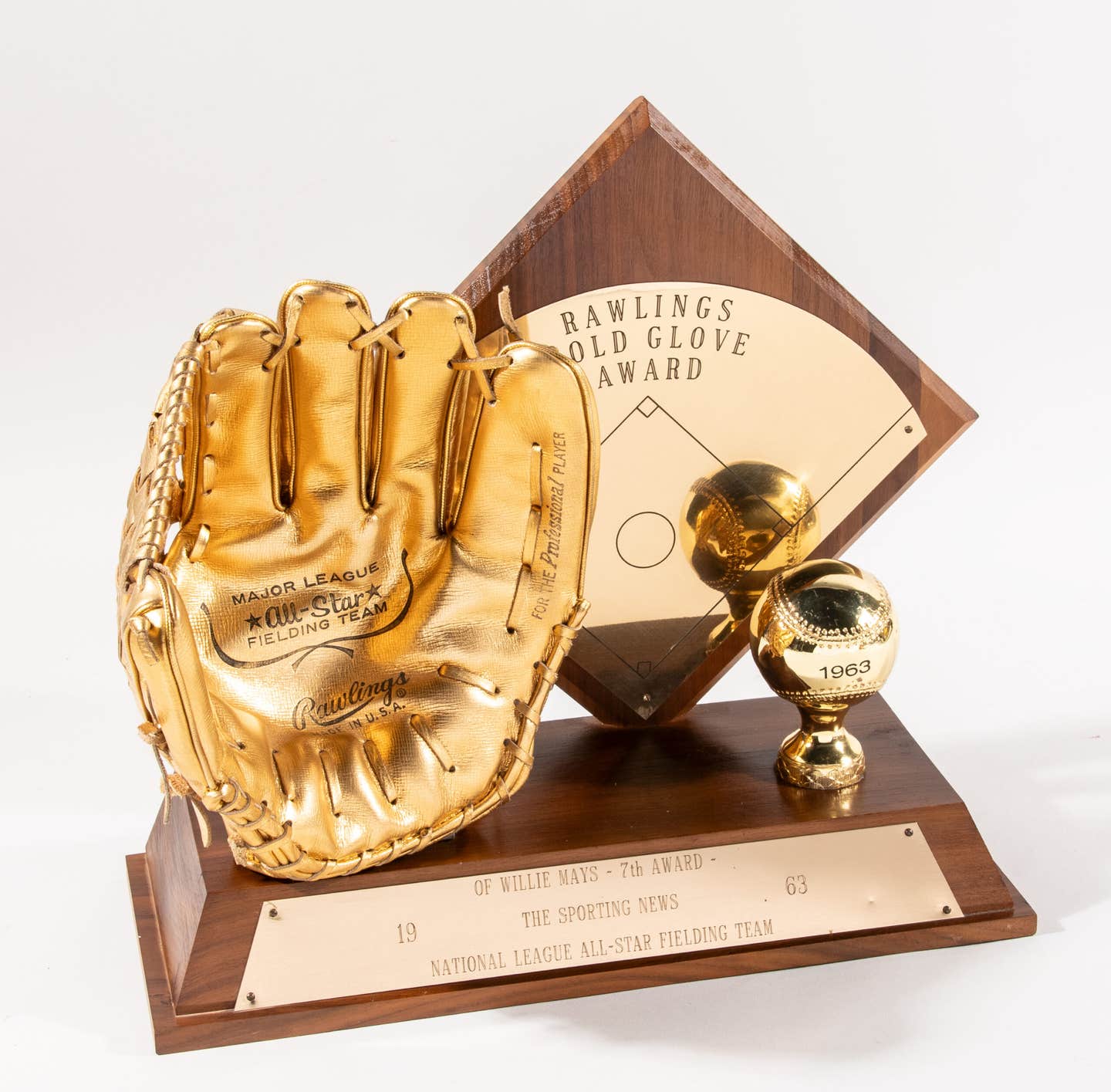Baseball
Autograph guru Keating remains astounded by baseball autographs
Even after spending his entire adult life in the sports memorabilia business, Kevin Keating still can’t get enough of a good thing. For him, getting to hunt for, handle, chase, buy and sell vintage sports autographs is the equivalent of a car fanatic getting to be a test driver for Ferrari or an ice cream freak being named a taste tester at Ben & Jerry’s.
It never gets old, and it rarely gets boring. And on a lot of days, you get to feel just like a little kid again.
“You know, one thing that I’ve really found shocking is the amount of vintage autograph stuff that’s out there,” said Keating, owner of Quality Autographs of Alexandria, Va., and one of the country’s leading authorities on sports autographs. “I’ve found it absolutely astounding. I had no idea there was this much stuff buried out there.
“And I would credit a lot of that to the proliferation of the auctions houses — and I would include eBay in that. Things that people would have just kept without thinking about them, now they become available for sale.”
As both a successful dealer and high-end collector himself, Keating does not become completely enamored with pieces all that often. When he does, his collecting side usually wins out over his businessman side.
“I know immediately when I see something if I want to keep it,” he said. “And a lot of times, finding something gives you an opportunity to upgrade something in your collection or switch something out. I would categorize my own collection as a very mature collection. There are very few items that I come across that I have any interest in, but every year, there is a piece here or there that comes up that is extremely exciting.
“The hobby has a way of surprising you. Every time you think you’ve seen it all, something comes up and you say, ‘Wow, look at this. This is unbelievable.’ ”
Keating said he had two of those moments recently when he picked up a couple of items that elevated his heart rate.
“I just acquired a fabulous Lou Gehrig single-signed ball. I was very excited about that. It’s only the second one I’ve ever had,” Keating said. “And I just got a 1922 New York Giants World Champion team-signed photo, and I didn’t even know anything like it existed.
Quality Autographs has amassed one of the largest autograph inventories in the business and is particularly deep in Hall of Fame baseball signatures. As is the case with many hobby dealers, between dealer-to-dealer and his own extensive list of private clients, Keating says the public doesn’t always get a clear picture of how much buying and selling an established dealer is involved in.
“Any good dealer will have an extended client base. Their best customers are the ones that will lean on them to find them the things they are looking for,” Keating said. “That’s just the way it works, and it’s a good relationship for both parties. It really comes down to a consulting fee for the dealer.
“The truth is, the best stuff I ever get almost always gets sold before I ever advertise. I do like to advertise some of my most exceptional stuff so I can attract new customers, so it’s to my benefit to advertise some of the best stuff. But by and large, the very best stuff — the coolest stuff — never sees the light of day. There’s a trade-off, but a lot of your best customers want to stay private, anyway.”
Keating also admits to having somewhat of an internal conflict over third-party authentication. On the one hand, he has worked as an authenticator for many big industry auction houses. On the flip side, he doesn’t like to see hobbyists get hooked for unnecessary fees that don’t really further their collecting interests.
“It kind of strikes me funny . . . these days that people will say, ‘I got all these autographs when I was a kid, and now I want to pay you to authenticate them.’ ” Keating lamented. “I always tell people, you only need to authenticate something when there is some doubt about it. A lot of times it seems like a waste to me.
“To some extent, the use of third-party authenticators is a tax burden shared by all the collectors, but there is some utility to it with all the forgers that have been out there in the hobby.”
Keating’s lengthy resume includes much more than being an autograph dealer and authenticator. The Chicago area native is a 1982 graduate of West Point and a former Army Ranger. He has been a frequent radio and TV guest, written many published articles relating to sports memorabilia and served as an expert witness in legal proceedings.
He has also worked closely with many teams and ballplayers, including Whitey Ford and the late Warren Spahn (shown above), whom Keating calls “a second father.”
Spahn provided Keating with what he says are his two most prized possessions – an autograph and photo of the two men taken four days before the Hall of Famer’s death from natural causes on Nov. 24, 2003.
“I got the last autograph he ever signed, and I have the last photo ever taken of him,” said Keating. “I have them framed up together. When people used to ask me what my most prized piece was, it used to be pretty hard to answer. Now, it’s easy because of the sentimental value.
“I had a friend with the Red Sox, and he asked me if there was anything I wanted from the playoffs. I said, ‘Yeah, see if you can get me a game ball from each game,’ and he got me one from each game and wrote the date and score of every game. Of course, they went on to win the World Series, and I’ve got a straight run of balls that I believe has to be the only one of its kind.
“That’s the great thing about the hobby, there are always surprises. It’s like fishing – you never know what you’ll get on the other end of the line so you’ve got to keep your line in the water.”



